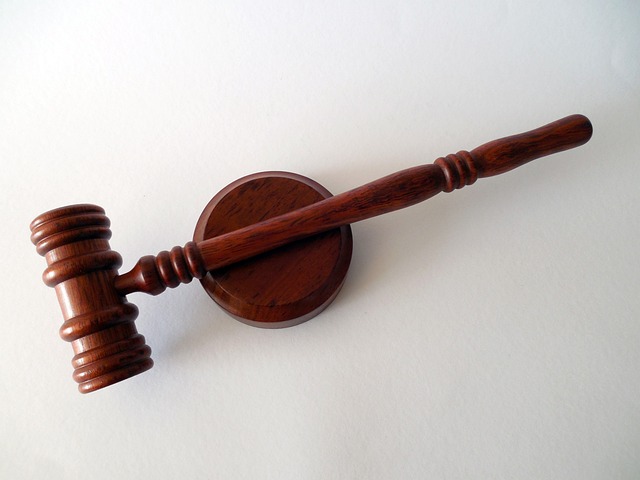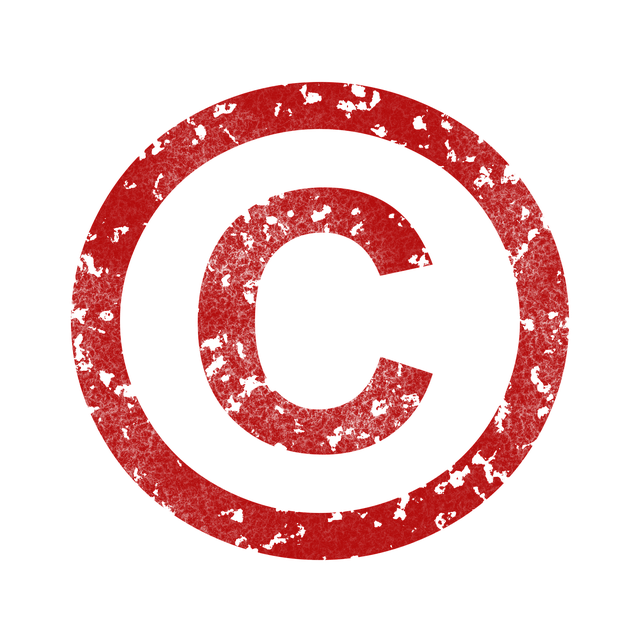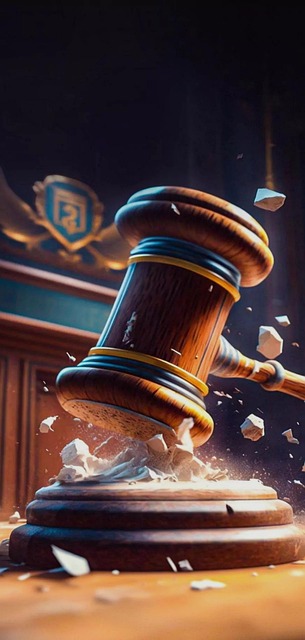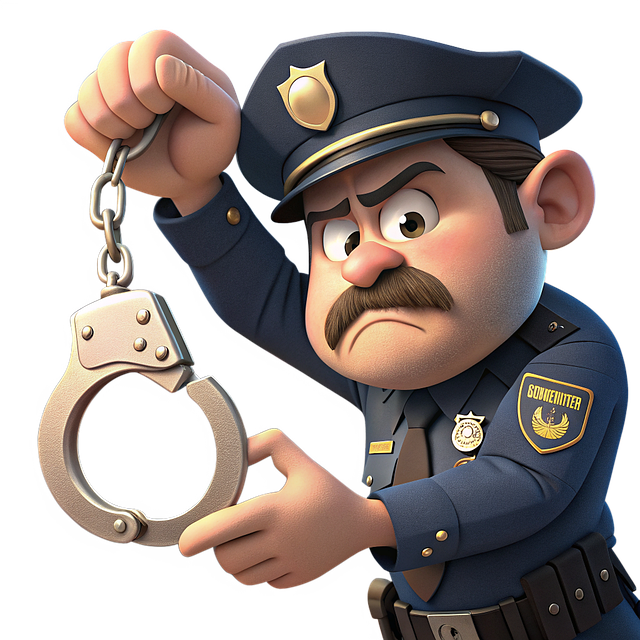Understanding consumer protection laws and local jurisdictions is vital before pursuing a Steps to File Intellectual Property Lawsuit. Identify IP violations, gather evidence (contracts, communication logs, financial records), and consult a specialized criminal defense attorney. This ensures robust legal representation in proving infringement and navigating complex IP law, ultimately aiming for successful outcomes like monetary compensation or injunctive relief.
Consumer protection suits are essential to ensuring businesses uphold ethical standards and respect their customers’ rights. This comprehensive guide walks you through the critical steps involved in filing an intellectual property lawsuit, from understanding your protections under consumer law to navigating the legal process. Learn how to identify violations, gather evidence, choose the right venue, and file a strong case. By following these strategic steps, consumers can effectively protect their interests and seek justice.
- Understanding Consumer Protection Laws and Your Rights
- Identifying Violations: What Constitutes an Intellectual Property Infringement?
- Gathering Evidence: Documenting Your Case
- Choosing the Right Legal Venue and Filing Your Suit
- Steps to Take After Filing: Navigating the Legal Process
Understanding Consumer Protection Laws and Your Rights

Understanding Consumer Protection Laws and Your Rights is an essential step before considering a Steps to File Intellectual Property Lawsuit. Consumer protection laws are designed to safeguard individuals from unfair, deceptive, or hazardous practices in various transactions, including purchasing goods and services. These laws grant consumers specific rights and offer legal remedies when these rights are violated.
Across the country, different jurisdictions have their own consumer protection acts, each with unique provisions. Familiarize yourself with local regulations to determine if your case falls under protected categories such as false advertising, unfair business practices, or product liability. Engaging a general criminal defense attorney specializing in white-collar and economic crimes can be beneficial, as they understand the intricacies of these laws and can guide you through the process of filing a lawsuit, ensuring your rights are protected.
Identifying Violations: What Constitutes an Intellectual Property Infringement?

Identifying violations is a crucial step when considering a consumer protection suit involving intellectual property (IP). To determine if there has been an infringement, one must understand what constitutes an IP violation. This includes unauthorized use or replication of copyrighted materials, trademarks, patents, or trade secrets. For instance, using a registered trademark without permission or copying designs protected by copyright are clear-cut examples of potential IP infringements.
When evaluating a situation, it’s essential to follow the steps to file an intellectual property lawsuit. This process begins with gathering evidence—documenting instances of alleged infringement, collecting relevant materials, and consulting legal experts who can guide you through the complexities of IP law. If you believe your respective business rights have been violated, seeking legal counsel is pivotal. An experienced attorney can help navigate the legal system, ensuring your interests are protected and providing a strong foundation for potential jury trials if necessary.
Gathering Evidence: Documenting Your Case

Gathering evidence is a crucial step in the process of filing an intellectual property (IP) lawsuit, as it forms the backbone of your case. The first order of business is to compile all relevant documents that support your claim. This includes any agreements, contracts, or licenses pertaining to the IP at question, as well as records of interactions with the accused party. Take meticulous notes during all stages of the investigative and enforcement process—from initial consultations to communication logs—as these details can be pivotal in court.
In high-stakes cases, where substantial financial or reputational damage is at stake, it’s essential to engage experienced legal counsel who can guide you through the steps to file an IP lawsuit effectively. They will assist in identifying and organizing evidence that reinforces your narrative, ultimately bolstering your chances of success.
Choosing the Right Legal Venue and Filing Your Suit

When initiating a Consumer Protection Suit, the first step is to choose the right legal venue—a strategic decision that can significantly impact your case’s outcome and efficiency. The appropriate forum depends on various factors, including the nature of the transaction, the company’s location, and the consumer’s residency. For instance, federal courts may be the preferred choice for matters involving uniform state laws or interstate commerce. Alternatively, state courts could provide jurisdiction in cases centered around local businesses and residents.
The process begins with meticulous preparation and the steps to file an Intellectual Property Lawsuit. You’ll need to draft a compelling complaint, detailing the violations and seeking appropriate remedies. This document should outline the relevant facts, laws, and specific relief requested. Filing fees and service of process are subsequent steps, ensuring proper notification to the defendant. Representing either corporate and individual clients, experienced legal counsel can guide you through this process, aiming to achieve extraordinary results in defense of your consumer rights.
Steps to Take After Filing: Navigating the Legal Process

After filing a consumer protection suit, it’s crucial to understand the legal process ahead. The first steps involve gathering all relevant documents and evidence, including contracts, communication records, and any proof of financial losses incurred due to the alleged violation. These materials will be central to your case during depositions, pretrial hearings, and potentially, jury trials.
Next, you’ll need to stay informed about court deadlines and procedures. Legal processes can be complex, so consider consulting with a qualified attorney experienced in handling high-stakes cases. Their expertise can help guide you through the system, ensuring your rights are protected. An unprecedented track record of success in similar consumer protection suits can indicate a lawyer’s proficiency in navigating these legal landscapes, potentially leading to favorable outcomes, including monetary compensation or injunctive relief.
Protecting your rights as a consumer is crucial, especially when it comes to intellectual property. By understanding the laws and taking proactive steps, such as identifying violations, gathering evidence, and choosing the right legal venue, you can effectively file an intellectual property lawsuit. Following the outlined steps ensures a strong foundation for your case and increases your chances of a favorable outcome. Remember, navigating the legal process can be complex, so seeking professional guidance is always beneficial.






